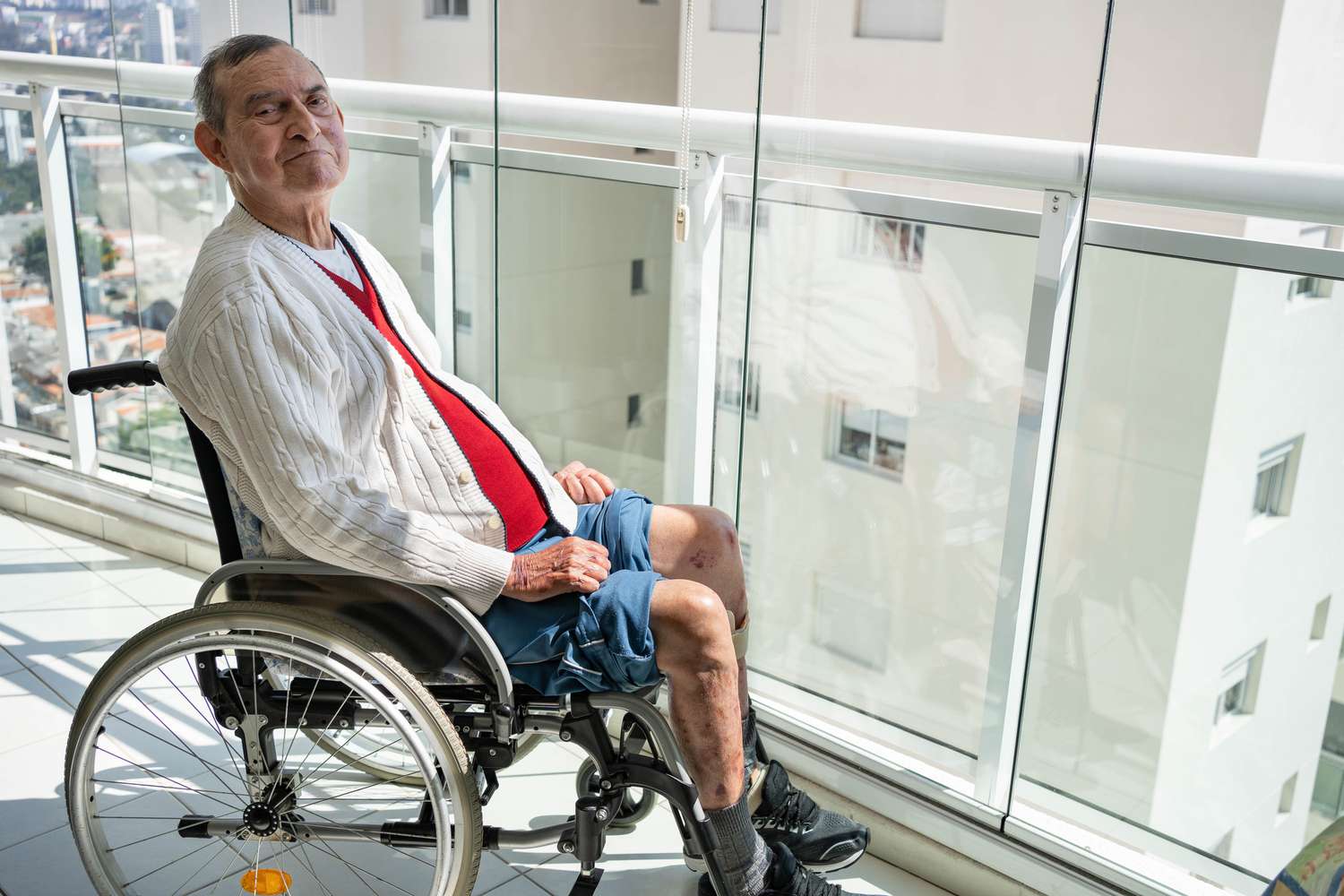
Paralysis
Paralysis is the loss of muscle function in part of your body, resulting in an inability to move that part. It is often caused by damage to the nervous system, which can be due to injuries, diseases, or conditions affecting the brain, spinal cord, or peripheral nerves. Paralysis can be temporary or permanent, and it can affect a specific area (localized) or an entire side or portion of the body (hemiplegia, paraplegia, or quadriplegia). Paralysis can significantly impact a person's daily life, requiring ongoing medical care, rehabilitation, and support. The treatment approach is often multidisciplinary, involving physicians, physical therapists, occupational therapists, and other healthcare professionals to address both the physical and psychological aspects of paralysis.
- Stroke : A common cause of paralysis, often resulting from a blocked blood vessel or bleeding in the brain.
- Spinal Cord Injury : Trauma or damage to the spinal cord can lead to paralysis below the level of injury.
- Traumatic Brain Injury : Head injuries that damage the brain may result in paralysis.
- Peripheral Nerve Disorders : Conditions like peripheral neuropathy can affect nerves outside the central nervous system, leading to muscle weakness and paralysis.
- Quadriplegia: Paralysis of all four limbs and, often, the trunk. This is typically associated with spinal cord injuries at higher levels.
- Clinical Evaluation : A thorough medical history and physical examination to determine the extent and cause of paralysis.
- Imaging Studies : Imaging tests such as CT scans, MRI, or X-rays may be performed to identify the location and nature of the damage.
- Addressing Underlying Cause : Treatment involves addressing the underlying cause of paralysis. This may include surgery for spinal cord injuries, medications for certain conditions, or rehabilitation therapies.
- Physical Therapy : Rehabilitation, including physical therapy, is crucial to maintain muscle strength, improve range of motion, and enhance overall mobility.
- Assistive Devices : Devices such as wheelchairs, braces, or orthotics may be used to aid mobility and support individuals with paralysis.
- Varied Outcomes : The prognosis for paralysis depends on the cause, severity, and location of the damage. Some cases may show improvement with rehabilitation, while others may result in long-term or permanent disability.
